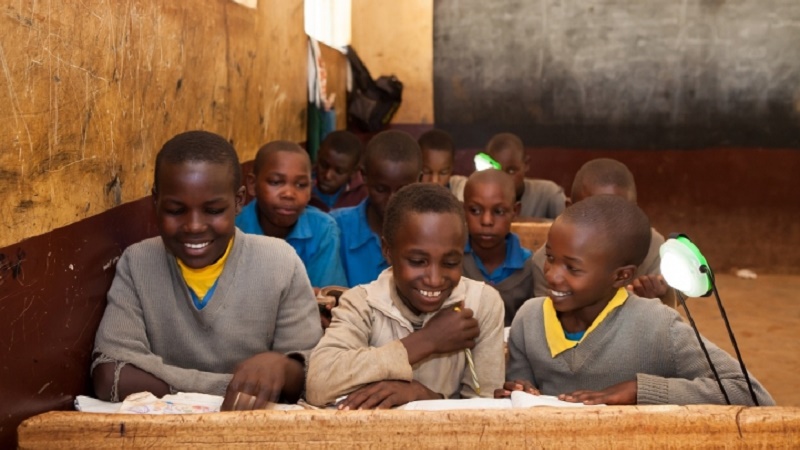Our big story this week exposed an almighty row over Africa’s clean energy future.
The Africa Clean Energy Initiative was launched at Paris climate talks in 2015 with high hopes. Here was a chance for the continent to set the climate agenda for once.
It turns out, donors had other ideas all along. France’s Ségolène Royal and the EU’s Neven Mimica oversaw a move to bypass the African-led secretariat and impose their own list of projects.
As Climate Home exclusively revealed, top official Youba Sokona resigned in protest, accusing the Europeans of “contempt for” the initiative’s founding principles.
Christian Aid’s Mohamed Adow urged African heads of state to intervene and restore the initiative’s original vision.
Got a story about climate finance? Email your tips to [email protected]
At least the Europeans showed some sense of duty to fund clean development, however clumsy and self-interested the execution.
Donald Trump says the US is paying “massive amounts of money” into international climate funds while others pay “virtually nothing”. Fact check: his administration’s budget axes all things climate and China is committing $3.1 billion to a south-south fund.
Trump’s remarks to Reuters followed an inconclusive meeting of his closest advisors on whether to pull the US out of the Paris Agreement. “I can say this, we want to be treated fairly,” he said.
You may roll your eyes or gnash your teeth at the idea the world’s biggest economy and second biggest emitter got an unfair deal. Still, his noncommittal response suggest there is scope for some superficial renegotiation to keep the US at the table.
#UnfriendCoal
In the real economy, French insurance major Axa is putting another squeeze on the dirtiest fossil fuel. It will no longer insure companies that get more than half their revenue from mining or burning coal.
A coalition of green groups is urging other insurers to follow, as well as divesting their substantial funds from the black stuff.
Monsoon anxiety
In the eastern Indian state of Odisha, farmers are struggling to produce crops under increasingly variable rainfall, reports Manipadma Jena.
A project backed by the Green Climate Fund aims to recharge groundwater and bring better water access to 5 million people.
Diplomacy cutback
The UK’s foreign office slashed its network of climate change and energy specialists by nearly half between the 2009 Copenhagen and 2015 Paris summits.
That shift, under Conservative governments, was revealed by a freedom of information request. Climate is still “a network-wide priority”, said a spokesperson for the department.
Closed book
In Australia, a government fund that is considering a massive subsidy to the coal sector has rebuffed at least six freedom of information requests.
Experts accused the Northern Australian Infrastructure Facility of having an “excessive obsession about secrecy”, Graham Readfearn reports.
It matters because the fund is considering an AU$900m loan for a railway to support Adani’s controversial coal mega-mine.
Set a deadline
The G20 – which, incidentally, includes Australia – has committed to phase out “inefficient” fossil fuel subsidies over the “medium term”.
Finance ministers from 49 of the world’s most vulnerable countries to climate change are calling on the group to act by 2020.
Climate change is said to be a priority for the next G20 leaders summit in July, hosted by Germany’s Angela Merkel.
You’re fired
Brazil’s government has fired the top anti-deforestation official from the environment department, Claudio Angelo reports, apparently in a dispute over monitoring data.
Thelma Krug, who is also vice-chair of the Intergovernmental Panel on Climate Change, has faced criticism for weaknesses in the Prodes database.
Her replacement, Jair Schmitt, is seen as tough on illegal forest clearance, which is on the rise. There is talk of setting up a new monitoring system.
